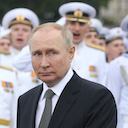
Putinism’s Defeated Opposition
In a new collection, Ilya Budraitskis provides a trenchant analysis of the ideological underpinnings of Putin’s Russia and the domestic political groups that have opposed his government.


In a new collection, Ilya Budraitskis provides a trenchant analysis of the ideological underpinnings of Putin’s Russia and the domestic political groups that have opposed his government.

Slouching Towards Utopia is a rise-and-fall epic—but it is better at depicting the rise than explaining the fall.
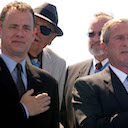
Romanticized stories about the Second World War are at the heart of American exceptionalism.

A new book on Claude McKay is part of an effort to place the poetry of the Harlem Renaissance within the Black radical tradition.
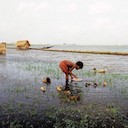
The adaptation framework has been used to privatize public services, extract resources, and muster new reserve armies of labor. People, not capital, should determine how to reconfigure their lives in the face of climate change.
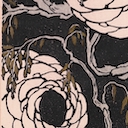
While David Attenborough’s work rarely gives center stage to climate change, his project has always been to shift how humans relate to nature.
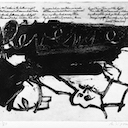
In many accounts of the New York intellectuals, the prolific critic Harold Rosenberg seemed to fall through the cracks. Debra Bricker Balken’s biography reclaims him for the pantheon.

If there’s a lesson to be derived from Gary Dorrien’s account of American socialism, it’s that the movement’s open participation in and with the broad democratic left benefits the socialist cause.
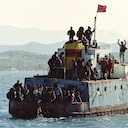
Two recent memoirs by writers born under communism in Eastern Europe reflect on ideas central to the left: cosmopolitanism and socialism.
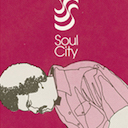
Soul City was a boondoggle—not a story of lost or forgotten roads tragically not taken.
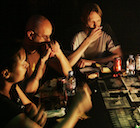
The Christian right fought a long war against Dungeons & Dragons. With the role-playing game poised for superstardom, there may once again exist a temptation to bestow it with powers it doesn’t really possess.
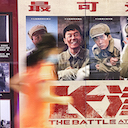
Like almost every other war film, The Battle at Lake Changjin is less a work of art than a social engineering project.
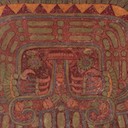
The Dawn of Everything challenges us to shake off fatalism and embrace the creativity at the heart of doing politics.
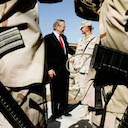
Reign of Terror situates the War on Terror as part of a longer story of domination that can be traced back to the founding of the United States as a settler-colonial and slaveholding behemoth.
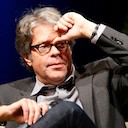
Jonathan Franzen’s Midwestern broods, like horsemen of the apocalypse, ride through his books heralding various endings: of eras, of bygone mores, of novels themselves.